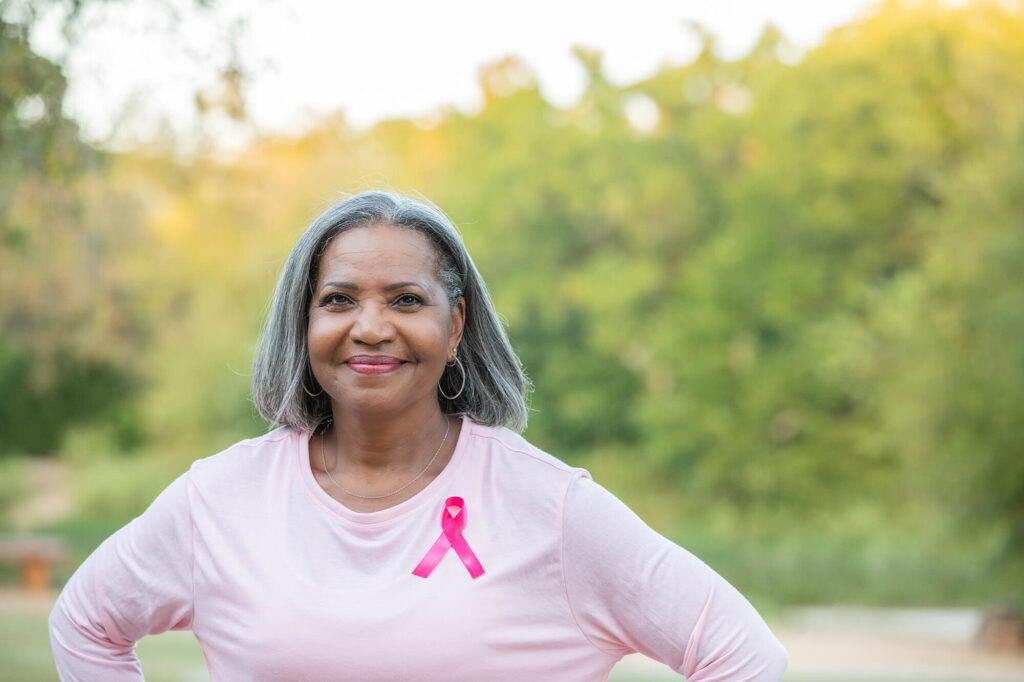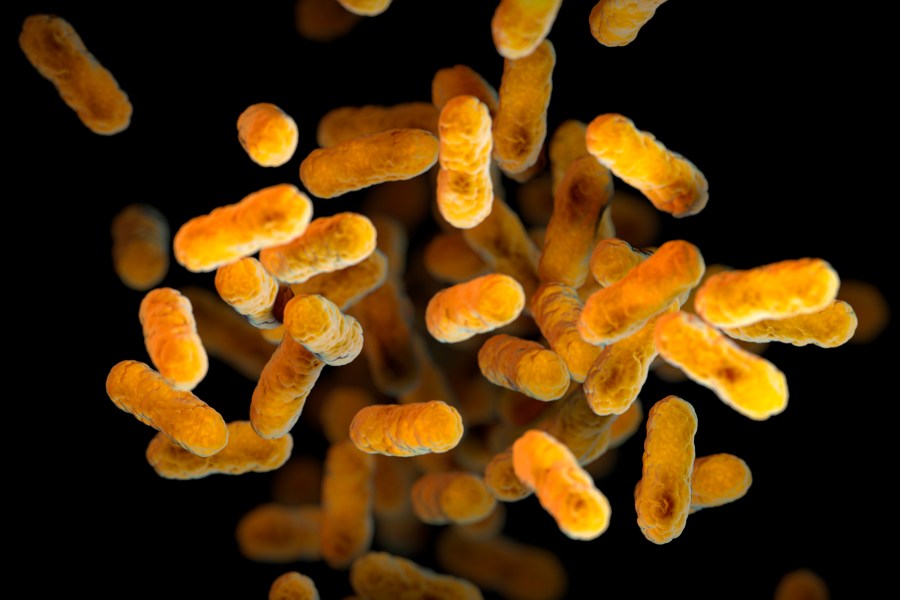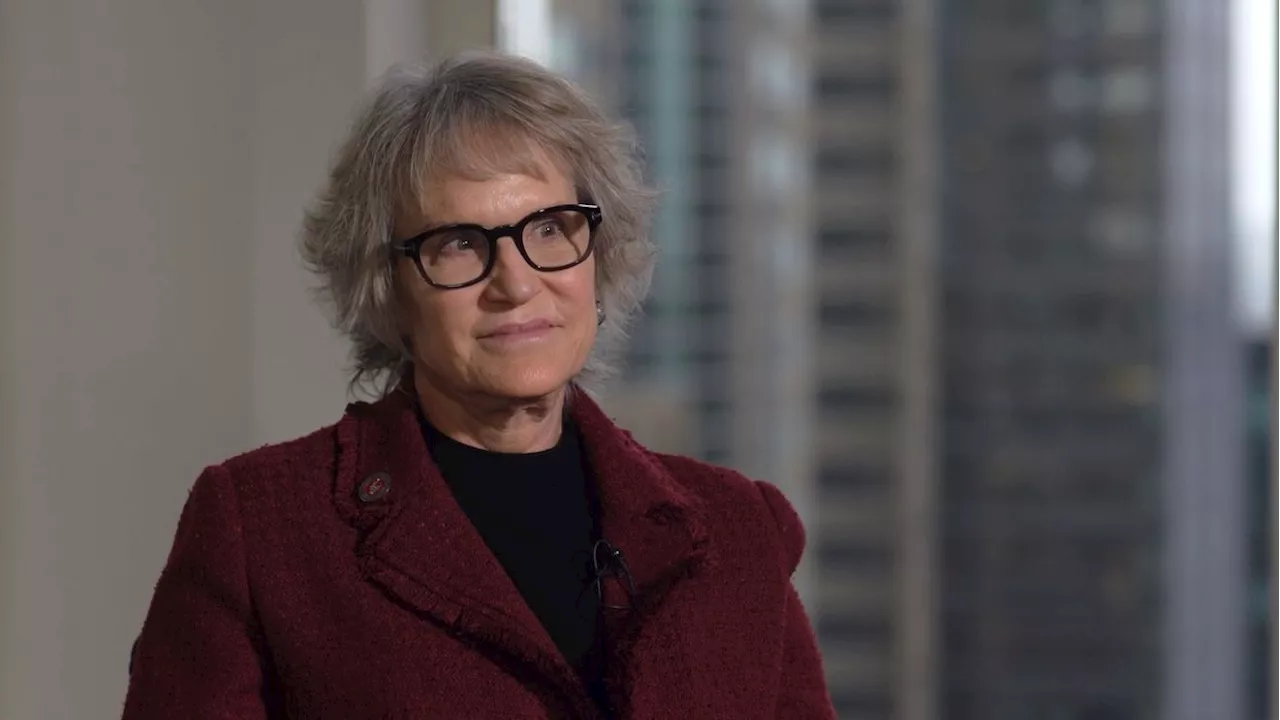
The Barbara Ann Karmanos Cancer Institute educates the community during Breast Cancer Awareness Month in October.
The Barbara Ann Karmanos Cancer Institute is spearheading efforts to recognize October as Breast Cancer Awareness Month, a campaign observed by cancer centers and organizations across the United States. Breast cancer is a significant health concern, affecting more women than any other cancer aside from skin cancer. Each year, it accounts for approximately 30% of cancer diagnoses among females.
According to the American Cancer Society, there are over 4 million breast cancer survivors in the U.S., and the relative five-year survival rate stands at 91%. Women face a 1 in 8 chance of developing breast cancer during their lifetime, which translates to a 7 in 8 chance of not being diagnosed with the disease. This year, it is estimated that there will be around 316,950 new cases of invasive breast cancer and 59,080 new cases of ductal carcinoma in situ. While breast cancer primarily affects women, approximately 2,800 new cases of male breast cancer are expected in 2025.
Importance of Screening and Early Detection
Early detection plays a crucial role in treating breast cancer successfully. Since the disease often shows no early symptoms, screening is vital. Mammography, a specialized X-ray designed to detect breast abnormalities, is the primary method of screening. A screening mammogram typically lasts about 15 minutes. Women aged 40 and older are recommended to undergo annual screenings, though individual needs may necessitate earlier or more frequent testing.
At Karmanos locations in Detroit, Dearborn, and Farmington Hills, patients are required to complete a high-risk breast assessment prior to their mammogram. This assessment helps specialists evaluate a patient’s risk for developing breast cancer, enabling targeted follow-up care for those identified as high risk. Such care may involve genetic testing and additional imaging, including more frequent mammograms, ultrasounds, or breast MRIs.
Recognizing Symptoms and Risk Factors
In the initial stages, breast cancer may not present any noticeable symptoms. When symptoms do arise, the most common indication is a lump or mass in the breast. Other symptoms can include changes in breast skin, nipple retraction or discharge, pain, swelling, and swollen lymph nodes. Several lifestyle factors can heighten the risk of breast cancer, such as alcohol consumption, obesity, lack of physical activity, and certain types of birth control and hormone therapy post-menopause. Additionally, uncontrollable risk factors include genetics, family history, race and ethnicity, age, height, and breast tissue density.
The Breast Cancer Multidisciplinary Team at Karmanos comprises experts in surgical, medical, and radiation oncology, as well as radiologists, pathologists, and genetic counselors. Dr. Hadeel Assad, a medical oncologist and co-leader of the team, emphasized the collaborative nature of their approach: “We have developed a very dynamic, research-driven and experienced team at Karmanos, and we work closely together to customize treatment plans that fit each patient’s wants and needs.” This comprehensive care model ensures that patients receive consistent support from diagnosis through treatment and follow-up.
Newly diagnosed breast cancer patients can meet their entire care team during their first appointment at the Karmanos Cancer Institute – Lawrence and Weisberg Cancer Center in Farmington Hills. This streamlined process allows patients to discuss their treatment plan in detail with their surgeon, oncologists, genetic counselor, and social worker, all of whom have previously reviewed the case collaboratively.
Utilizing advanced technology and treatments, including immunotherapy and minimally invasive surgery, Karmanos aims to minimize radiation exposure to surrounding healthy tissues. Furthermore, clinical trials are available for breast cancer patients, providing access to cutting-edge treatment options.
For more information about breast health and to schedule a mammogram appointment, interested individuals can visit karmanos.org/breasthealth or call 1-800-KARMANOS.
About Karmanos Cancer Institute
The Karmanos Cancer Institute stands at the forefront of cancer care, research, and education, driven by a vision of a world free from cancer. As the largest provider of cancer care in Michigan, Karmanos has been a leader in the field for over 75 years, with its administrative and research headquarters located in downtown Detroit. The institute is recognized by the National Cancer Institute as one of the premier cancer centers in the nation and collaborates with the Wayne State University School of Medicine to advance cancer research and improve survivorship.
For additional information, visit karmanos.org or call 1-800-KARMANOS.







